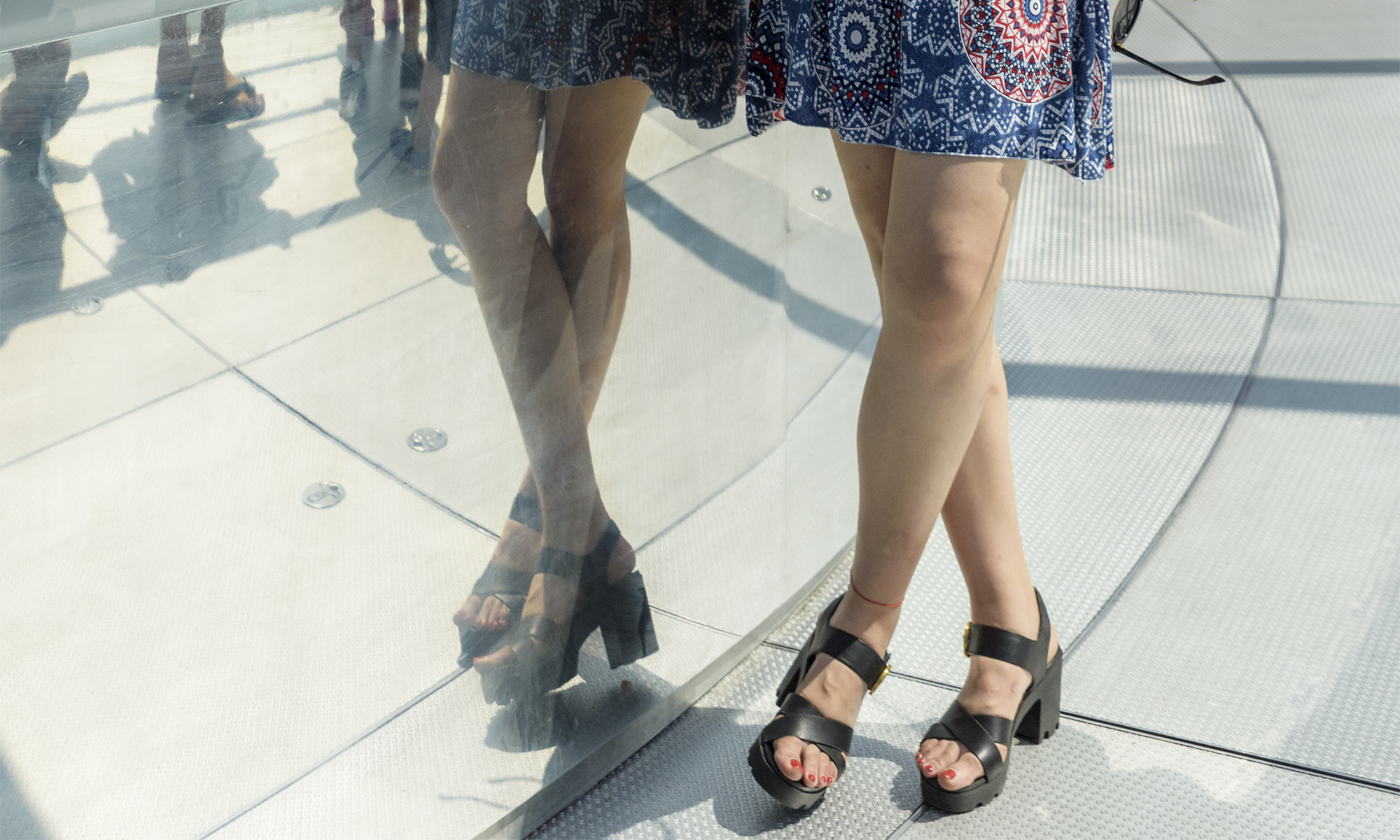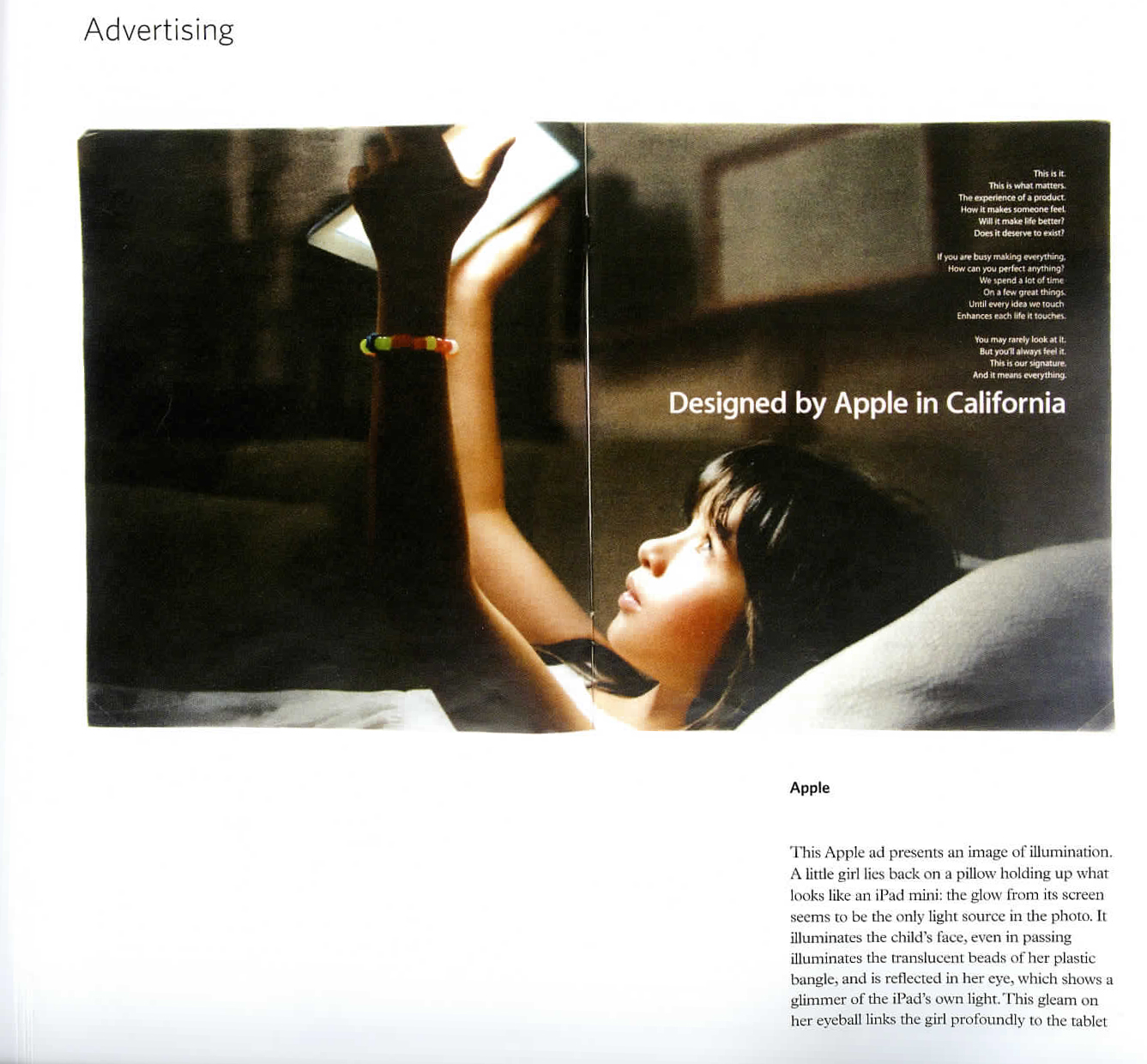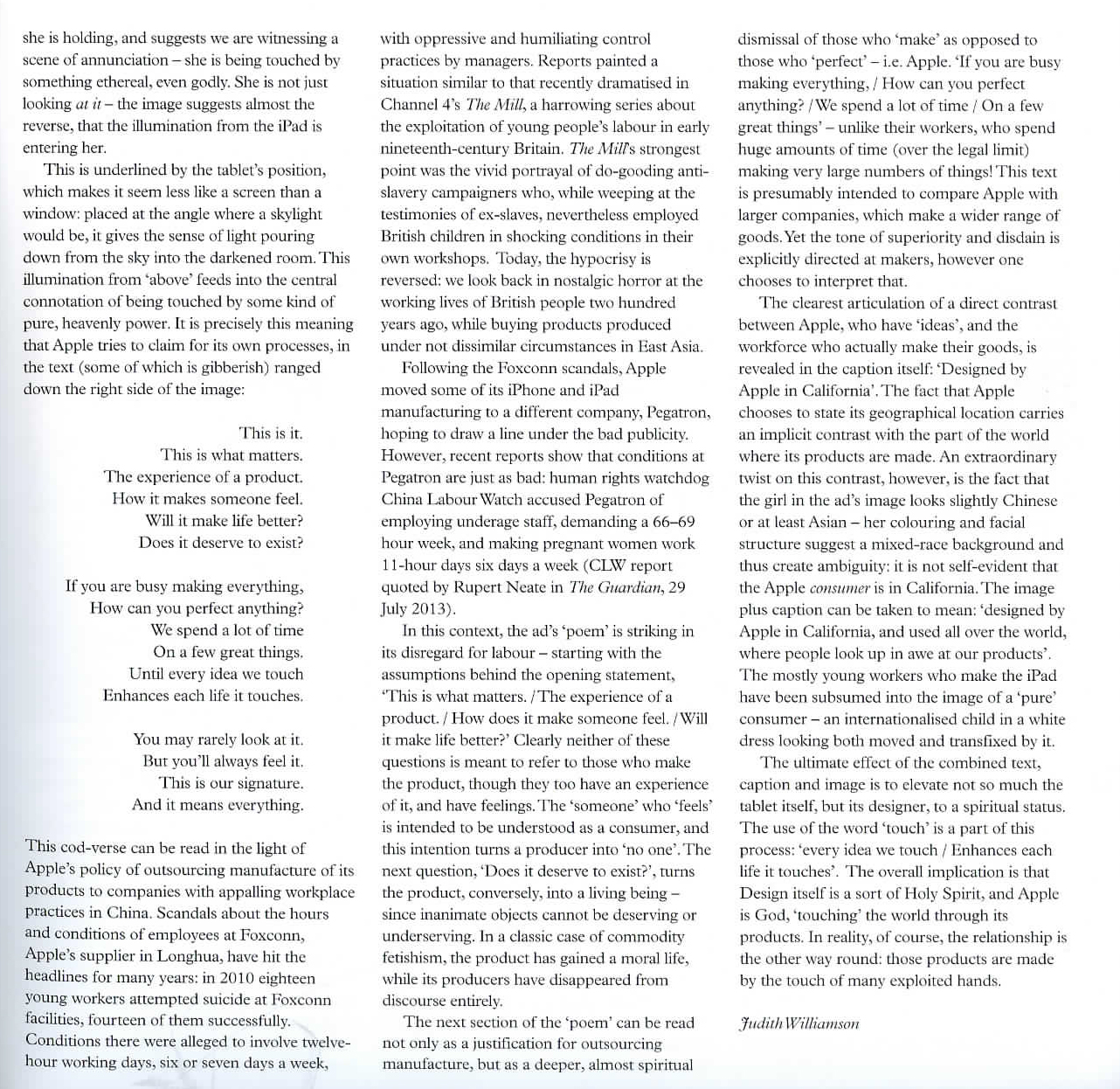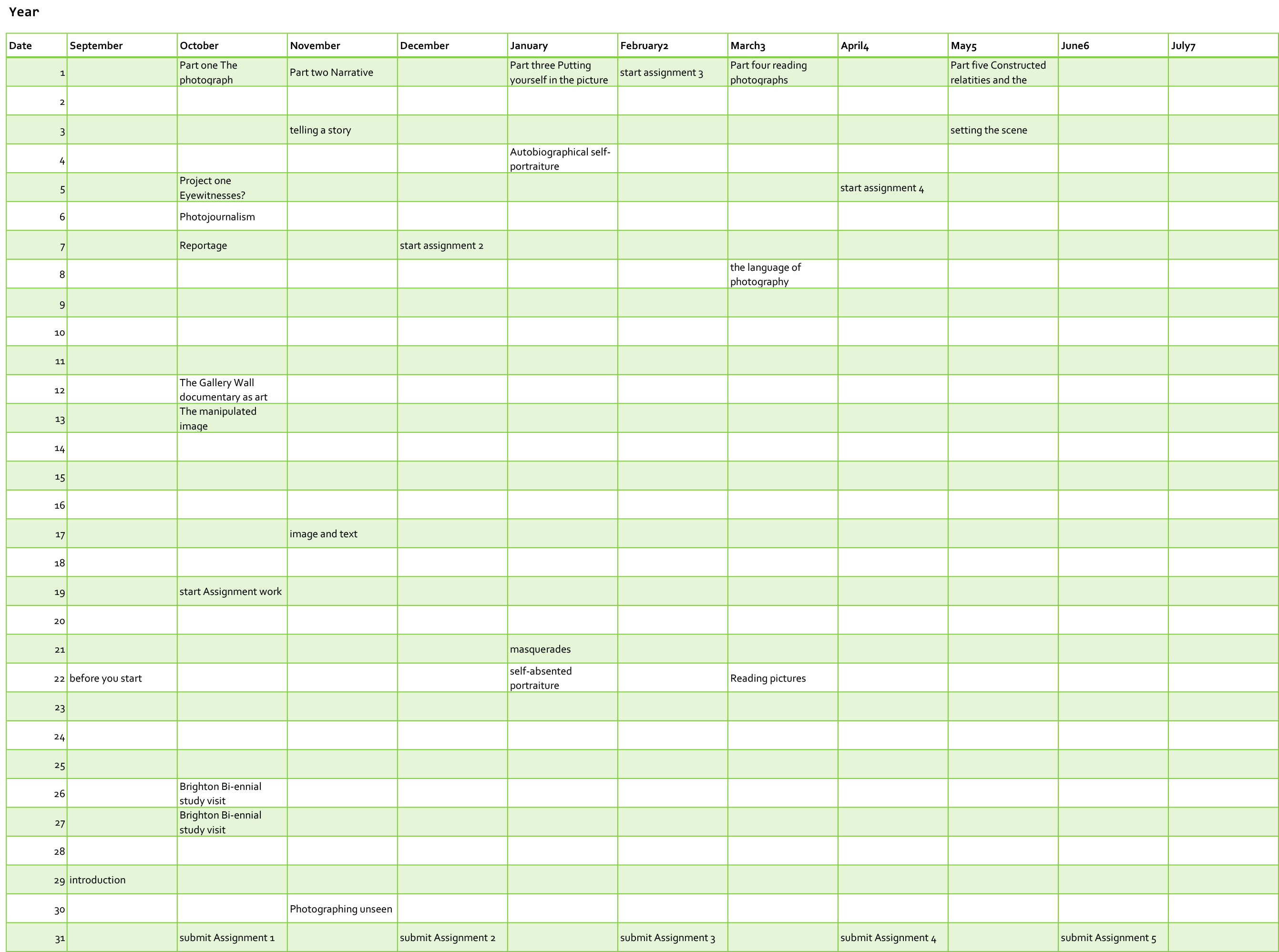“I think it’s certain that one doesn’t only photography with the eyes but with all of one’s intelligence.”
Brassaï (interview with Tony Ray Jones, 1970, quoted in Brittain, 2000, p.39)
Context: noun (oxford English Dictionary) – the circumstances that form the setting for an event, statement, or idea, and in terms of which it can be fully understood.
We are to think about who, what, why, where and how we create and communicate our work. To take a critical approach to other photographer’s work as well as our own and be alert to the messages contained with our own work whether or not they were intended.
Judith Williamson’s ‘Advertising’ articles in Source give some examples of this approach:
in this article, Judith critiques the content of the image and the text with the realities of the production of the tablets. My observation is that she also brings her life view and opinions to this critique. So not only must you read the image in the context of your own experience, but also Judith’s view.
Souce: http://www.oca-student.com/content/her [accessed 06.10.18]
Joachim Schmid and Erik Kessels have both gathered much research and work into why people love to take the same images and tell stories.
I found ‘An Interview with Joachim Schmid’ an interesting article: Not only has he evidenced the fact that we all take the same images, but that they mostly tend to be photos of the world being ‘just fine’. He makes the conclusion that “it’s more comfortable to base your life on the assumption that things will be all right”. As someone who has now photographed a number of weddings and family events, this resonates with me and I wonder if having images of us doing the same thing as our ancestors is something that also gives us a connection to our families but also to the wider human race. I know i didn’t feel as comfortable when I wanted to take a photo at my father’s funeral it wasn’t so acceptable, but that one photo remains one of my most personally memorable photos.
source: https://weareoca.com/subject/photography/an-interview-with-joachim-schmid/ [accessed 06.10.18]
Erik Kessels’ on the other hand downloaded and printed every image uploaded to Flickr during a 24 hour period in 2013. He then created an art installation with them

The comment being made is one of volume and how much our private lives are made public now. We all have access to so much information, should we? why do we as photographers continue to take photos knowing this?
Narrative: noun (Oxford English Dictionary)
• a spoken or written account of connected events; a story: a gripping narrative
• the practice or art of telling stories
• a representation of a particular situation or process
We are asked to think about the elements within the frame that add to the story of the image. The author argues that in order to deconstruct a narrative you must first understand how the story holds together. Even elements in documentary images will be held up for critical review at some point as everything in the image and outside of the image adds to the story it conveys, but the context in which it is taken may alter the meaning to the viewer.
Finally we are asked to reflect upon some of the conceptual myths about photography, such as ‘the camera never lies’ or ‘fact is stranger than fiction’.



